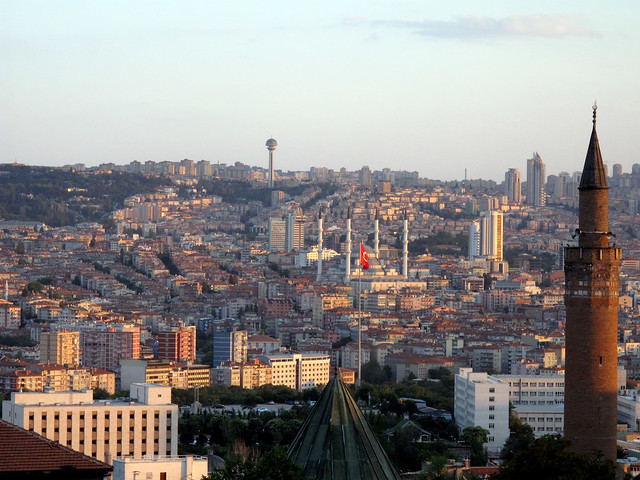At the beginning of the last week, the Saudi authorities blocked access to two online news portals, TRT Arabi and Anadolu Agency, both owned by the Turkish state.
According to Anadolu, until now the Saudi authorities have not made any statements regarding blocking these websites, so it is not officially clear what has caused the Saudi authorities to take this decision.
THE SAUDIS’ TROJAN HORSES
While this action from Riyadh has caused reactions in Turkey, Ankara’s retaliation came soon after.
On April 19th, Turkish authorities blocked access to the Saudi-owned Turkish branch of The Independent, and the prominent state-owned Okaz platform.
According to The New Arab website, the decision of the Turkish authorities was shortly followed by an article published by the prominent Saudi Prince Bader bin Saud in the state-owned Okaz, urging the authorities to use the Turkish branch of The Independent for the anti-Turkey propaganda of the Saudis.
Just before this action from the authorities in Ankara, Prince bin Saud had written that; “Blocking the media sites is useful as a temporary solution, but we should look for something more permanent (…) perhaps the most appropriate approach would be to retaliate the Turks, and take this battle to the opponent’s lands, by trying to find the Turkish media platforms in Arabic-language, and by rushing to operate the Turkish-branch of The Independent, whose rights were acquired by the Saudi Research and Publishing Groups nearly a year ago.”
This tit-for-tat media war started at the beginning of April with the deletion of thousands of Saudi-controlled fake Twitter accounts advocating anti-Turkish propaganda.
After the decisions were made on both sides, the political tensions between Ankara and Riyadh, already high, and have since grown even higher.
THE TRUTH BEHIND THE TENSIONS: THE CONFLICT OF GEOPOLITICAL INTERESTS
Behind the media war between Ankara and Riyadh, lies a conflict of geopolitical interests.
The Saudi authorities are disturbed by the policies followed by Turkey in the region, such as;
1. Ankara’s support to Qatar, one of the major enemies of the Riyadh government.
2. Cooperation in many fields between Ankara and Tehran.
3. The strategic triangle created by the Turkish Army in the region, with the military bases in Qatar, Sudan and Somalia.
4. Turkey’s cooperation with Russia and Iran in the Syrian conflict.
5. Turkey’s active public diplomacy in the region.
The points we mentioned above have pushed Saudi Arabia into conflict with Turkey and various fronts.
The assassination of Jamal Khashoggi, one of the starting points of Turkish-Saudi crisis is still on the agenda of the global public.
Riyadh also maintains its brutal methods and aggressive policies against neighboring countries in the region.
Saudi officials have no other choice but to develop good relations with their neighbors in the post-coronavirus world given the declining influence of its traditional allies, the United States and Israel.
The solution to these problems can not come from aggression, only regional cooperation.

















Leave a Reply